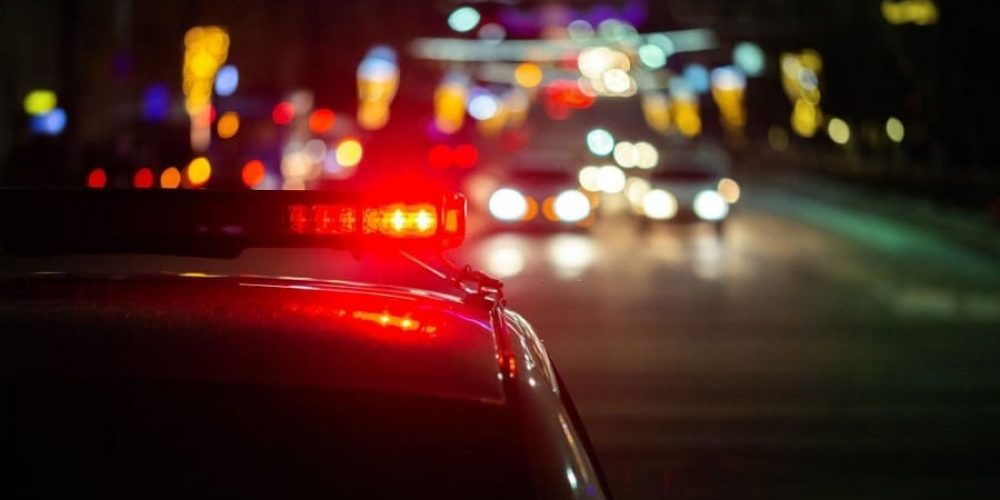Arrested for a DUI? Here’s what to do Next
Unfortunately, DUIs happen. It might occur if you didn’t realize you drank too much because you felt okay. Regardless, a DUI is a serious charge. Here’s what to do next if you’re arrested.
Know Your Local Laws
CT DUI laws are strict when it comes to penalties. So, you need to know what they consider the maximum blood alcohol levels (BAC). Currently, drivers over the age of 21 are considered driving under the influence if they have a BAC of .08% or more. Commercial drivers are DUI at .04% or more. If under 21, drivers are charged if their BAC is at or over .02%.
Understand Your Consequences
Under Connecticut law, your driver’s license is suspended once you’re arrested for a DUI. This happens if you fail a breathalyzer test or refuse to take one. The suspension is longer if you decide not to take one.
Additional penalties are incurred depending on the type of offense. For instance, a first offense could result in jail time and community service along with a fine between $500-$1000. A third offense puts you in jail for a mandatory one year and permanently suspends your driver’s license.
Seek Legal Help
Once you’ve been arrested for a DUI you want to seek legal help. It doesn’t matter if you were truly under the influence or wish to fight the charge because it’s needed in both situations. This is especially the case if it’s not your first offense.
Don’t use a general attorney in these situations. You require the services of a law firm that specializes in DUI cases. They are subject matter experts (SMEs) on your state’s laws and penalties. Thus, they know how to obtain a favorable ruling for you.
Take a Chemical Test
Though the breathalyzer provides a rapid test result it’s not always accurate. This is why you need to take a chemical test once processed. Done through urine or blood examination, it provides a more detailed review of what was in your system at the time.
Request a DMV Hearing
Once you seek legal counsel you also want to request a hearing at your local Division of Motor Vehicles (DMV). Make sure this is done within 10 days after the license’s initial suspension. Not only is this to get an available space. It’s also to show the DMV that you’re serious about making amends about your DUI.
Needless to say, your appearance doesn’t mean the suspension will be overruled. This is especially the case if you have more than one DUI on your record. Should that be the case, you may need to work with your parole officer and other parties to come up with a proper solution.
Plan for the Hearing
Hiring a DUI attorney doesn’t mean they do all the work. If you want to fight the charges or lower them, then you must present as much information as possible to the attorney. Furthermore, you need to put away your ego and let them handle the criminal process.
This is why you shouldn’t refuse to take a breathalyzer. Even if you know you drank too much, having this on record along with the chemical test can help your case. Staying calm throughout the entire process also helps during the arraignment.
Seek Help
Issues with alcohol or other drugs can sneak up on you without notice. Combined with a DUI it means a potential problem. Though you don’t think you have one, the court and even your attorney may still want you to seek help.
Don’t throw away this suggestion since doing so could result in additional DUI charges. As these come with higher penalties, including more jail time, it’s best to avoid them. Don’t be afraid to talk to counselors and other groups about what happened.
Follow Through
Should you be charged, don’t fight what’s offered by the court. The more you comply with the better the chance to get your license privileges restored. So, consider the penalties as steps toward a goal.
This means completing your community service responsibilities. You might also have to go through court-assigned substance abuse counseling and general therapy sessions. Don’t fight any of this.
Conclusion
In the end, a DUI doesn’t have to be the end of your life or driving experience. Consider the suggestions above and, most importantly, don’t drink and drive.




Comments 0